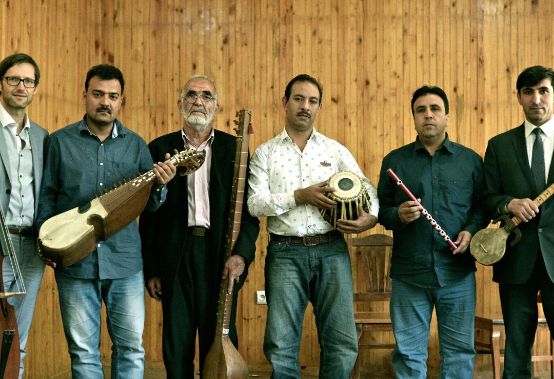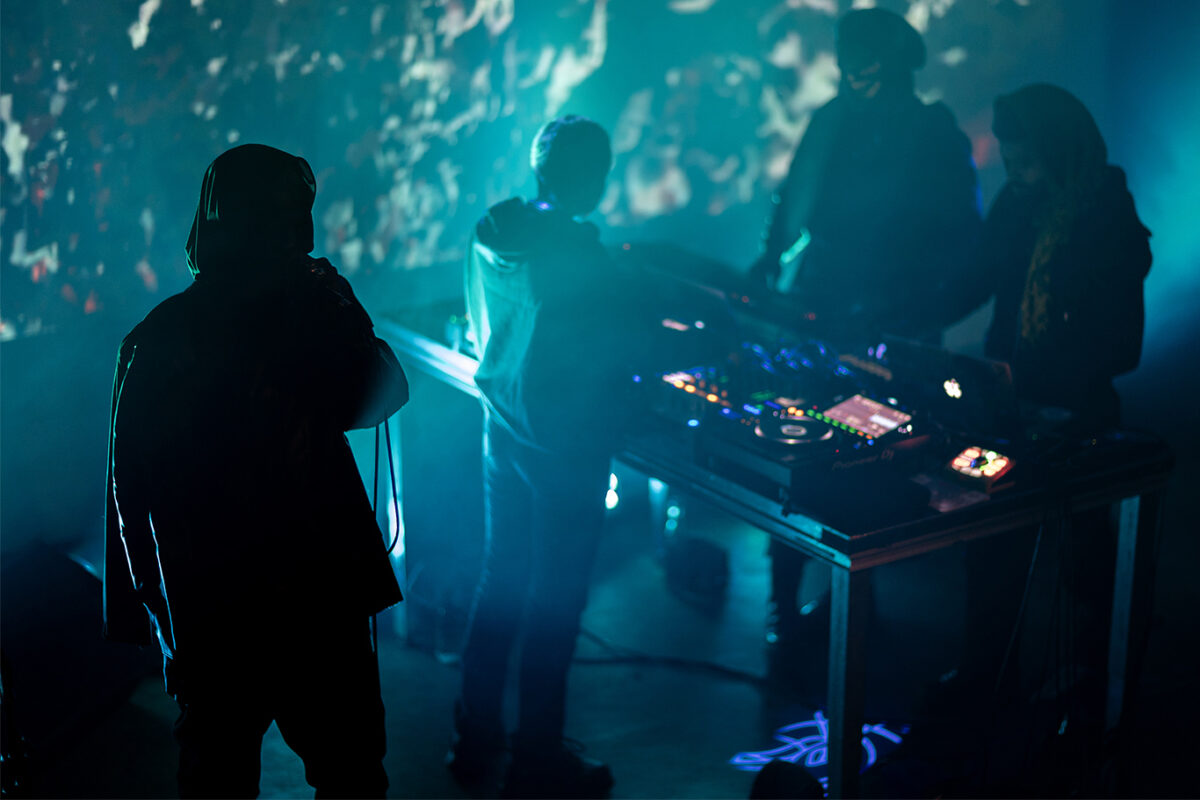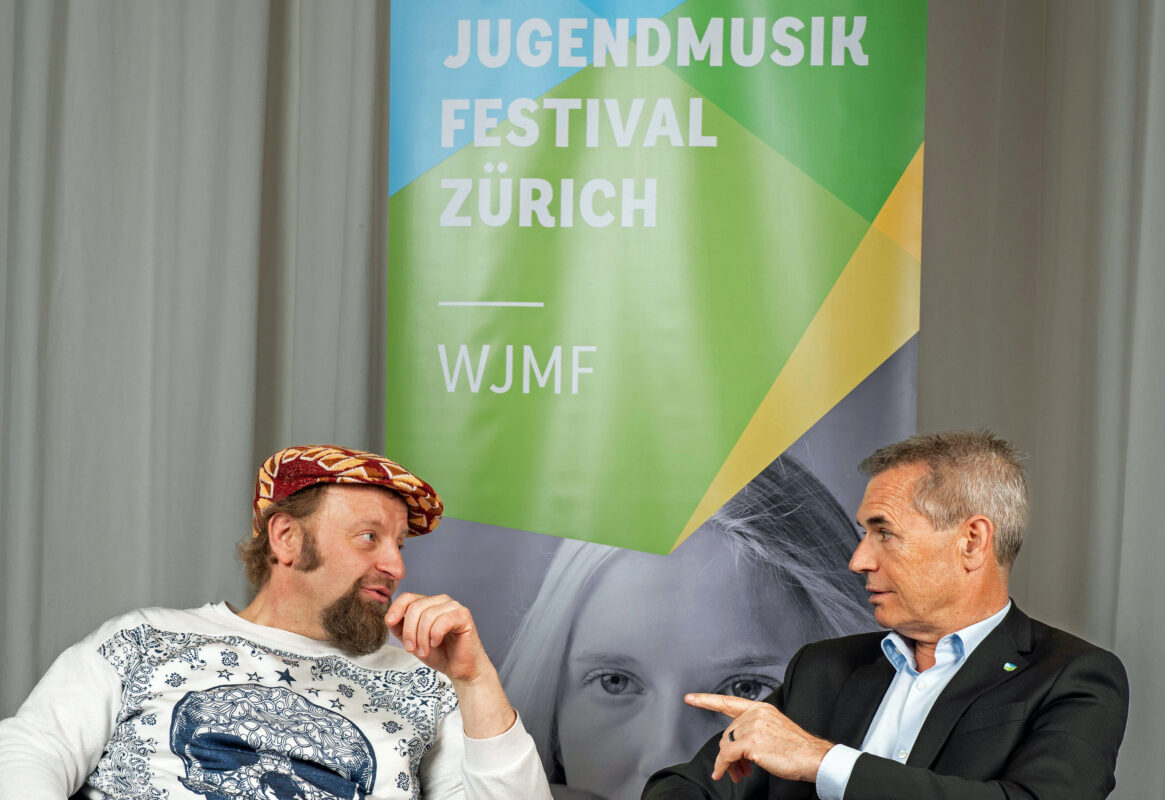On the trail of Afghan musical tradition
After 100 years, Afghan music is being made audible again in concerts for the first time: The Safar Project presents recordings of Afghan music made with the participation of a prisoner of war in Germany during the First World War.

This find, which is significant in terms of music history, is a recording of the Afghan singer Abdul Kadir Khan, which was made in the so-called "Half Moon Camp" and recorded by German researchers for ethnological and linguistic research purposes using the then new gramophone technology. The Half Moon Camp was a prisoner-of-war camp in Wünsdorf near Berlin, where mainly Muslim prisoners of war were held.
The recordings, produced in 1916, were discovered by researchers from the Afghanistan Music Research Center (AMRC) of the Franz Liszt University of Music Weimar in the acoustic collections of the sound archive of the Humboldt University in Berlin. They were brought back to Afghanistan and rehearsed there with Afghan master musicians and the Turkish Sufi master Kudsi Erguner.
The results will be heard at two concerts: on September 10 in the Alte Oper in Frankfurt am Main and on September 12 in the Festsaal Fürstenhaus of the Weimar University of Music. Afterwards, the Safar Ensemble will perform this special music on Afghan television in Kabul.
For five years now, Afghan and German musicians have been working together in the Safar project (which means journey) to preserve Afghan music culture and pass it on to a new generation. It is a project of the Chair of Transcultural Music Studies at the Franz Liszt University of Music Weimar. The Safar researchers are cooperating closely with the Afghanistan National Institute of Music (ANIM) in Kabul.








